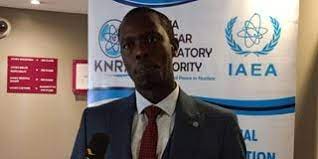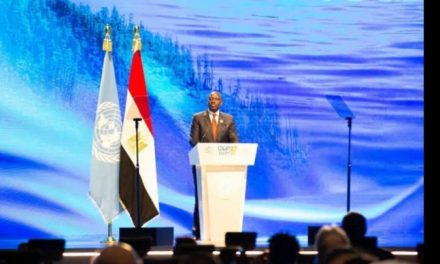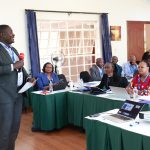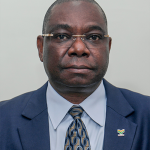Share the post "South Africa to host world congress of science Journalists in 2025"
South Africa has been named as the host of the World Conference of Science Journalists 2025. The conference will be held in Pretoria, the administrative Capital of South Africa under the theme “Science Journalism and Social Justice – our role in promoting resilience”.
Mandi Smallhorne, President of South Africa Science Journalists Association (SASJA) says that it is a great privilege to host the World Conference of Science Journalists 2025.
“As it is the first time the conference has ever been held on African soil, this is truly a historic event, we’re delighted to be the pioneers,” Smallhorne observes.
She welcomes all science journalists to share fascinating scientific experiences during the conference.
The programme, she adds, will expand on the theme of Science Journalism and Social Justice, looking at the role our profession can play in providing information that builds understanding and resilience.
South Africa showed its scientific skills during the pandemic, always ahead of the game with genomic results which moved through the scientific community and informed policy and practice worldwide.
The country has a wealth of policy advisory bodies, funding agencies, higher education institutions, science and technology performing institutions which paints our country’s collective efforts towards fostering technological innovation.
Meanwhile the United Kingdom are to host the World Conference of Science Journalists in 2027, on the theme of Building Global Networks for a Stronger Profession.
The event will also mark the 80th anniversary of the Association of British Science Writers (ABSW).
“The ABSW will be thrilled to welcome science writers and journalists from across the world to London in 2027,” says Andy Extance ABSW chair.
Extance notes that London is ideally placed to mediate the exchange of ideas and the best ways for us to cover and scrutinize today’s most pressing issues.
“We look forward to getting together and spotlighting how our profession can make the most profound impact,” he adds.
Extance adds that London has a number of world-leading research institutes including the Francis Crick Institute and Imperial College, as well as the Natural History Museum and the Science Museum.
The WFSJ is a not-for-profit, non-governmental organization, representing 67 science journalists’ associations and 10,000 individual science and technology journalists from around the world.
The Kenya Environment and Science Journalists Association (KENSJA) is a member of WFSJ that encourages strong, critical coverage of issues in science and technology, the environment, health and medicine, agriculture, and related fields.










